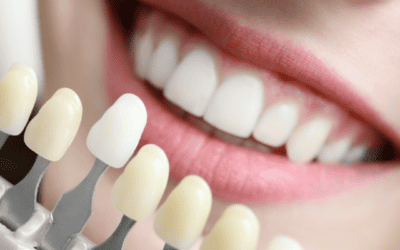Firstly, does flossing actually work?
There was a frenzy of articles from the Associated Press that came out a few years ago, saying that there “was weak evidence to support tooth flossing”. Many patients then asked us, should we be flossing now?
The answer is, YES, you most definitely should, and here is why:

- Many of those studies used to come up with the assessment by the Associated Pressed, were short term, flawed and not deemed credible pieces of evidence.
- When we examine evidence, there is typical a hierarchy of how studies rank in terms of credibility.
- Those with the highest credibility are randomised control trials and systematic reviews, and those with the lower credibility are expert opinions.
Myths
1. “You only need to floss when food is stuck between the teeth”

Flossing not only removes food particles, but it removes plaque and bacteria that cause gum disease and tooth decay. So, whilst these little pests can be invisible, they can lead to visible problems if you don’t floss regularly!

2. “You don’t need to floss if you brush regularly”
Your toothbrush bristles simply cannot get in between the tight spaces between your teeth. So whilst toothbrushing is very important, flossing is a close second! If you don’t floss, food particles can stick in between the teeth leading to decay, and the plaque from bacteria and food, can then cause gum disease. This can lead to painful and bleeding gums, and eventually wobbly teeth leading to tooth loss.
3. “You shouldn’t floss if it makes your gums bleed”
This statement comes past our ears a lot. The reason the gums are bleeding, is because, ironically, of the lack of flossing! It’s because they are inflamed with plaque and bacteria. This inflammation can be harmful to the supporting structures of the teeth, and lead to gum disease and eventual loss of teeth.

4. “Dentists can’t tell when you’ve skipped flossing”
We can! When you have not been flossing, sticky white plaque adheres to the teeth, eventually turning into the yellowy – brown hard limescale like tartar. Once it gets to this stage it cannot be removed by home tools, you need to see the dentist to do this safely and effectively.



